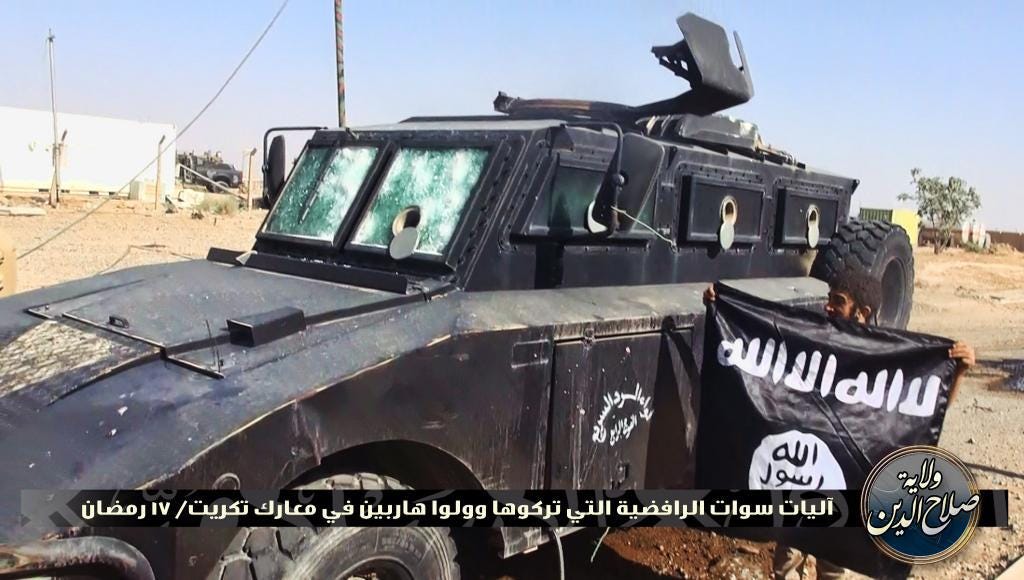Modi will go to Japan to meet Shinzo Abe
Prime Minister Narendra Modi. Japan and China have been trying to woo India amid tensions between Asia’s two top economies. Photo: Mint New Delhi: Prime Minister Narendra Modi is expected to meet Japanese Prime Minister Shinzo Abe in early September— just weeks before China’s president Xi Jinping travels to India for talks, amid sharpening rivalries between Asia’s two biggest economies. Officially, neither visit has been announced but foreign ministry spokesman Syed Akbaruddin said on Wednesday that Chinese President Xi Jinping is likely to visit India in the third week of September and that both the countries are working to ensure a substantive outcome from the trip. “This will be perhaps in the third week of September. Exact dates will be announced when both the countries are ready,” Akbaruddin said.
On Modi’s visit to Japan, Akbaruddin said India and Japan will simultaneously announce the dates on Friday. Japanese media reports have, however, been speculating that Modi will travel to Japan on 31 August with the meeting with Prime Minister Abe scheduled for 1 September. Other visits expected in September include an incoming one by Australian Prime Minister Tony Abbott and Modi’s visit to the US, with a bilateral summit with US President Barack Obama on 30 September. Given that Modi postponed a visit to Tokyo in July and met Chinese president Xi Jinping on the sidelines of the Brazil-Russia-India-China-South Africa (BRICS) meeting in Brazil in the middle of July for double the time allotted for the meeting, some analysts said China has scored over Japan in the race to establish contact with the new government.
“I think the Chinese have seized the initiative” from the Japanese, said Srikanth Kondapalli, professor of Chinese Studies at Jawaharlal Nehru University. Chinese foreign minister Wang Yi was in New Delhi in June, one of the first foreign dignitaries to visit New Delhi after the new government took office on 26 May. Japan and China have been trying to woo India amid tensions between Asia’s two top economies. Japan’s political tensions with China, dating back to World War II, have risen recently over competing claims over a group of islands in the East China Sea that the Japanese call the Senkaku and the Chinese call the Diaoyu. China redoubled efforts to reach out to India after a souring of ties with several of its other neighbours, including the Philippines and Vietnam, in recent years over competing claims over some islands in the South China Sea, Kondapalli said.
For India, the biggest irritant in ties is the unresolved border issue and though the border has been largely calm, thanks to pacts signed in 1993, 1996 and 2005, both sides frequently accuse the other of incursions. The new government has signalled that it is going to be more assertive towards China, said Kondapalli, citing the invitation to Tibetan “Prime Minister-in-exile” Lobsang Sangay for Modi’s swearing-in and the inclusion of Kiren Rijiju, a member of Parliament (MP) from Arunachal Pradesh as junior home minister in the National Democratic Alliance (NDA) government. In terms of content, Modi’s visit to Japan was likely to yield higher returns, Kondapalli said predicting a possible agreement in civil nuclear energy. Both sides would talk about investments in infrastructure especially high-speed railways. Japan is keen on a train link between Bengaluru and Chennai and Ahmedabad and Mumbai. India’s imports from China in 2012-13 stood at $52 billion while exports were at $13.5 billion. Both sides have set a bilateral trade target of $100 billion by 2015. India-Japan trade in 2013-14 was $16.31 billion and Japanese companies made an investment of $15.35 billion in India between April 2000 and December 2013.







